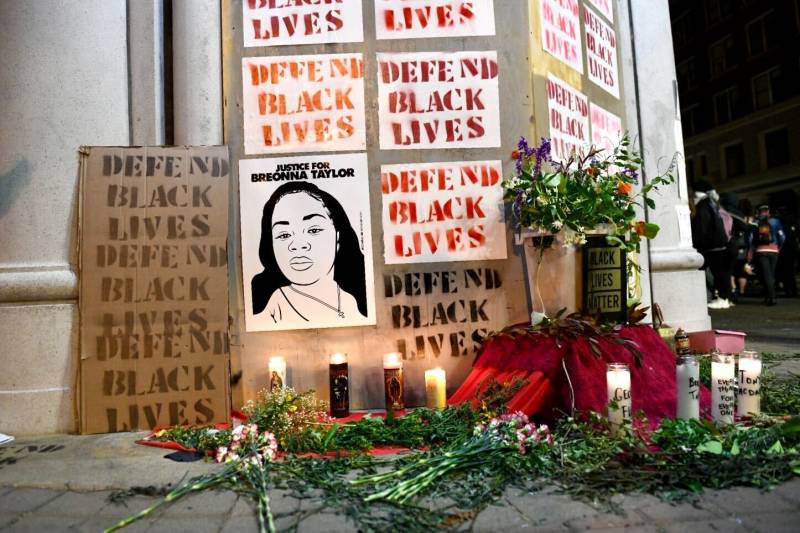On Aug. 22, 1964, voting rights activist Fannie Lou Hamer spoke before a live televised audience at the Democratic National Convention. Her harrowing account of police brutality was so powerful that President Lyndon B. Johnson interrupted the broadcast for an impromptu press conference. Still, she could not be silenced. Hamer would go on to become an important figure in the Civil Rights Movement, once calling America “home of the grave.”
Sadly, Hamer died of breast cancer and hypertension 15 years after dedicating her life to organizing. Perhaps most recognized for the phrase “I’m sick and tired of being sick and tired,” Hamer’s brave fight for justice is both a testament to the kind of exhaustion that can spark uprisings and the urgent need for intentional, radical healing.


